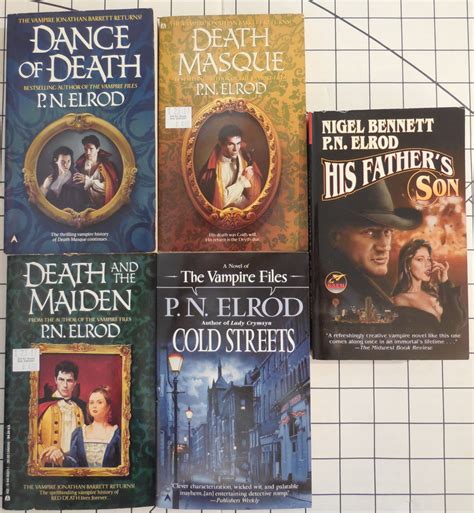A Quote by Barry Eisler
I can understand the allure of a venerable Big Six imprint, of a shot at the New York Times list, of a publisher-sponsored book tour, of seeing your hardbacks in bookstores and your paperbacks in supermarkets.
Related Quotes
I sent a lot of publishing ideas to my publisher, about 30 of them. Each time except 3, i got a "rejection letter". This is basically what a rejection letter is like: Hello Pathetic Moron, We read your book. It sucked. Don't send us another one. If you do, we will run over your grandmother with a bus. Don't Do It. From, Your Publisher
I would go to newsstands and buy paperbacks they were selling for tourists, usually bestsellers and mass market paperbacks. In the beginning, it was like going to the Rosetta Stone--I didn?t understand anything, I'd get a headache--but I began to figure it out, and I'd read a lot of Stephen King paperbacks. I've always said he was my English professor.
When I got my very first phone call that I'd hit the 'New York Times' list, I had a small rush of 'I've made it!' But the next morning, it occurred to me I didn't know what it was, so I called my agent and asked what being a 'New York Times' bestselling author really meant. He informed me that I was now a thousand pound gorilla.






































